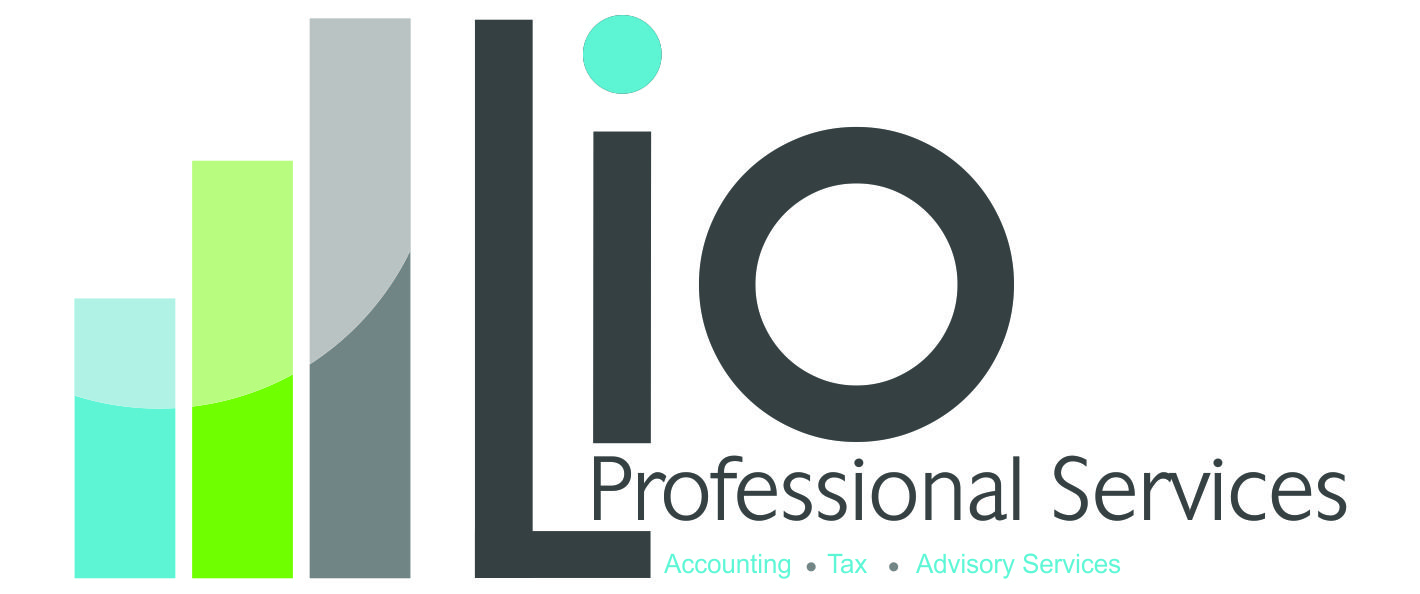1. Failing to keep organized records: Disorganized financial records can lead to missing out on deductions, inaccurate reporting, and difficulties during tax preparation. Maintaining proper documentation and organizing financial records throughout the year is crucial.
2. Overlooking eligible deductions and credits: Many taxpayers miss out on valuable deductions and credits they are eligible for, resulting in higher tax liabilities. It’s essential to stay informed about available tax breaks and consult with a tax professional to ensure you’re taking full advantage of them.
3. Incorrectly reporting income: Accurately reporting all sources of income is vital to avoid potential penalties and scrutiny from tax authorities. Failing to report income from various sources, such as rent, Executive director sitting allowances can lead to discrepancies and tax audits.
4. Neglecting to file or pay taxes on time: Late filing or payment of taxes can result in penalties and interest charges. It’s crucial to be aware of the tax deadlines and fulfill your obligations promptly to avoid unnecessary financial burdens.
5. Misunderstanding tax laws and regulations: Tax laws can be complex, and misconceptions or misunderstandings about specific rules can lead to errors in tax returns. Seeking professional advice or conducting thorough research can help ensure compliance and minimize mistakes.
6. Inadequate record-keeping for business expenses: Business owners and self-employed individuals, in particular, often struggle with properly documenting and substantiating business expenses. Insufficient records can result in disallowed deductions and potentially increase your tax liabilities.
7. Inadequate tax planning: Failing to engage in proactive tax planning throughout the year can result in missed opportunities to reduce taxes. Strategic planning, such as adjusting withholdings or paying for self-assessment, can help manage tax obligations effectively.
8. Failing to seek professional tax advice: Tax laws are constantly evolving, and seeking guidance from a qualified tax professional can provide valuable insights and ensure compliance. Consulting with a tax advisor can help identify personalized tax strategies and address specific concerns.





